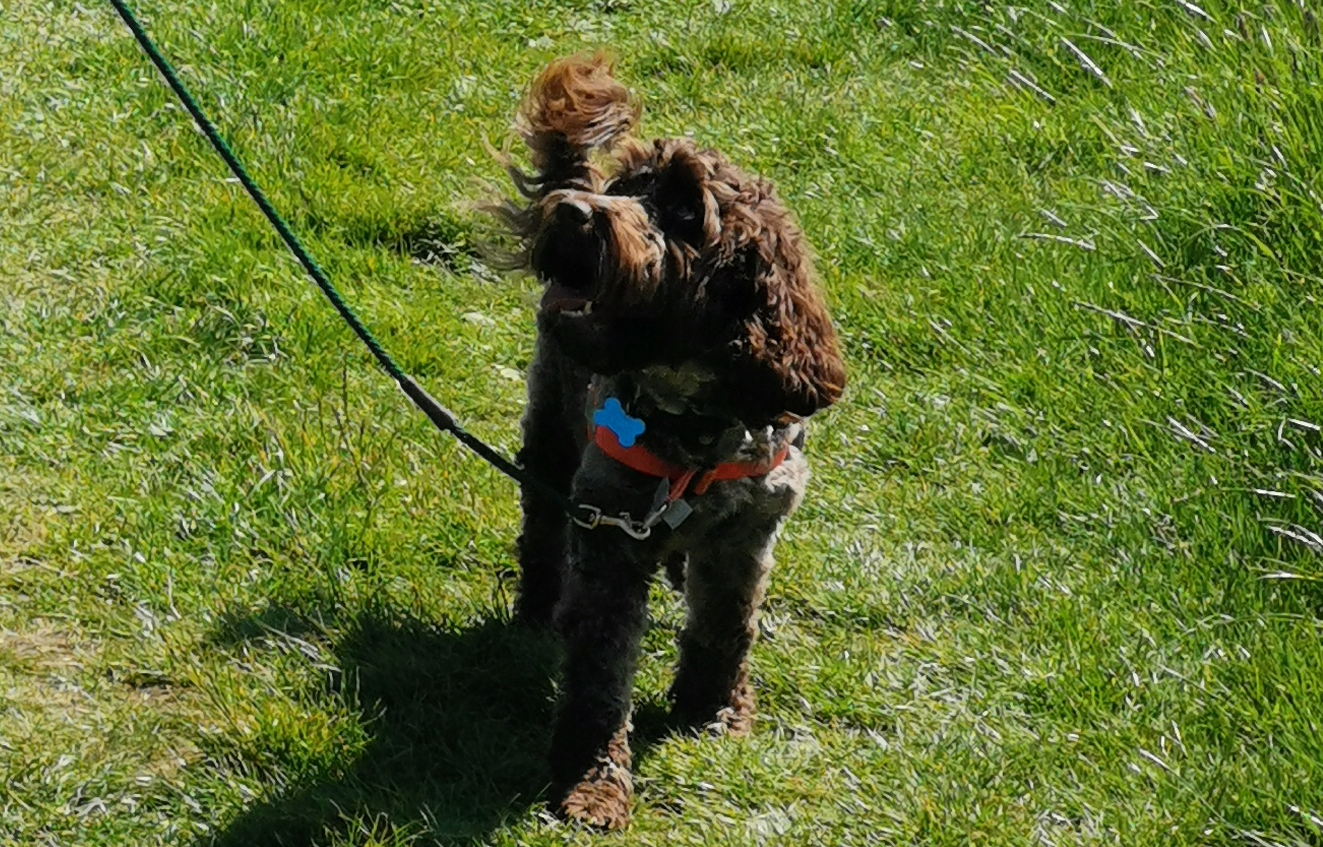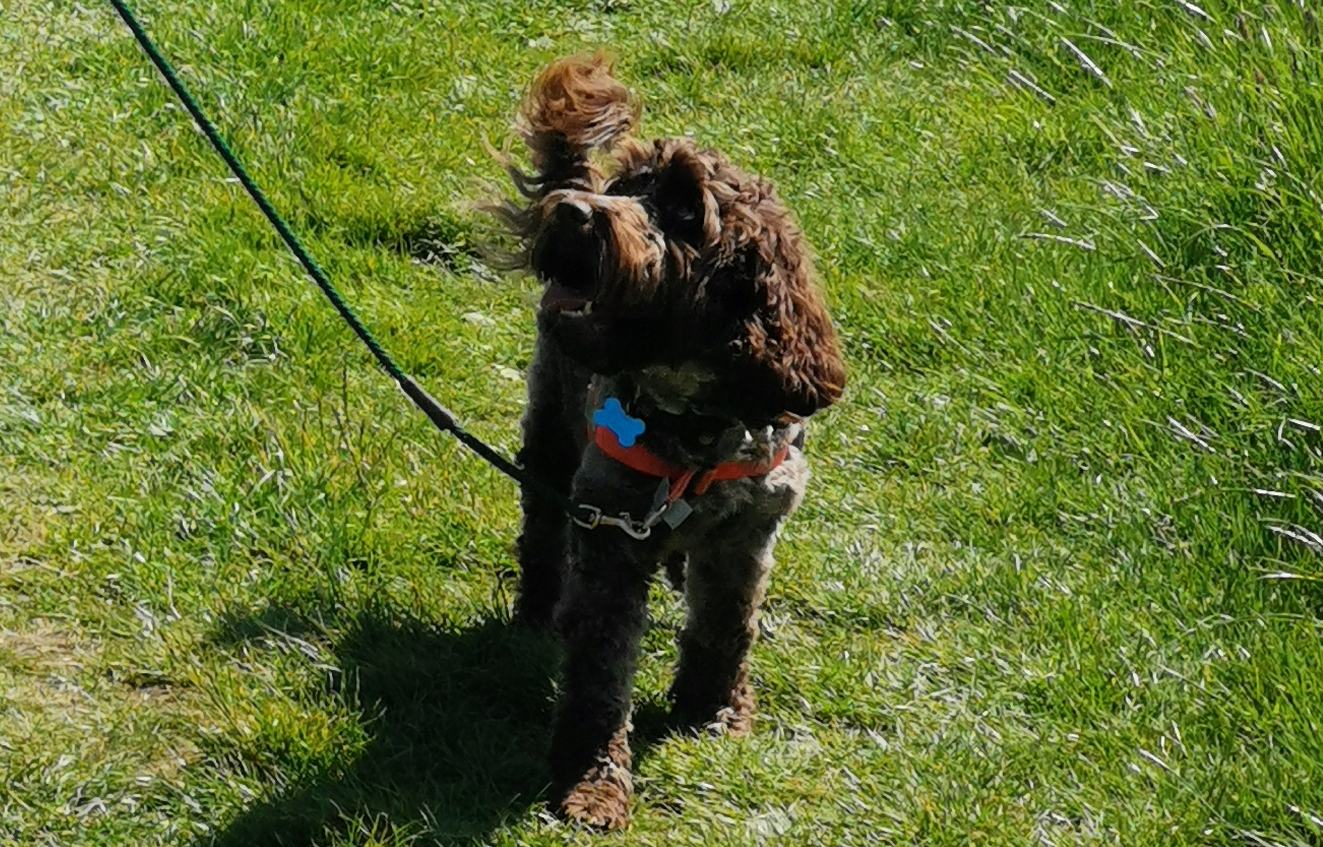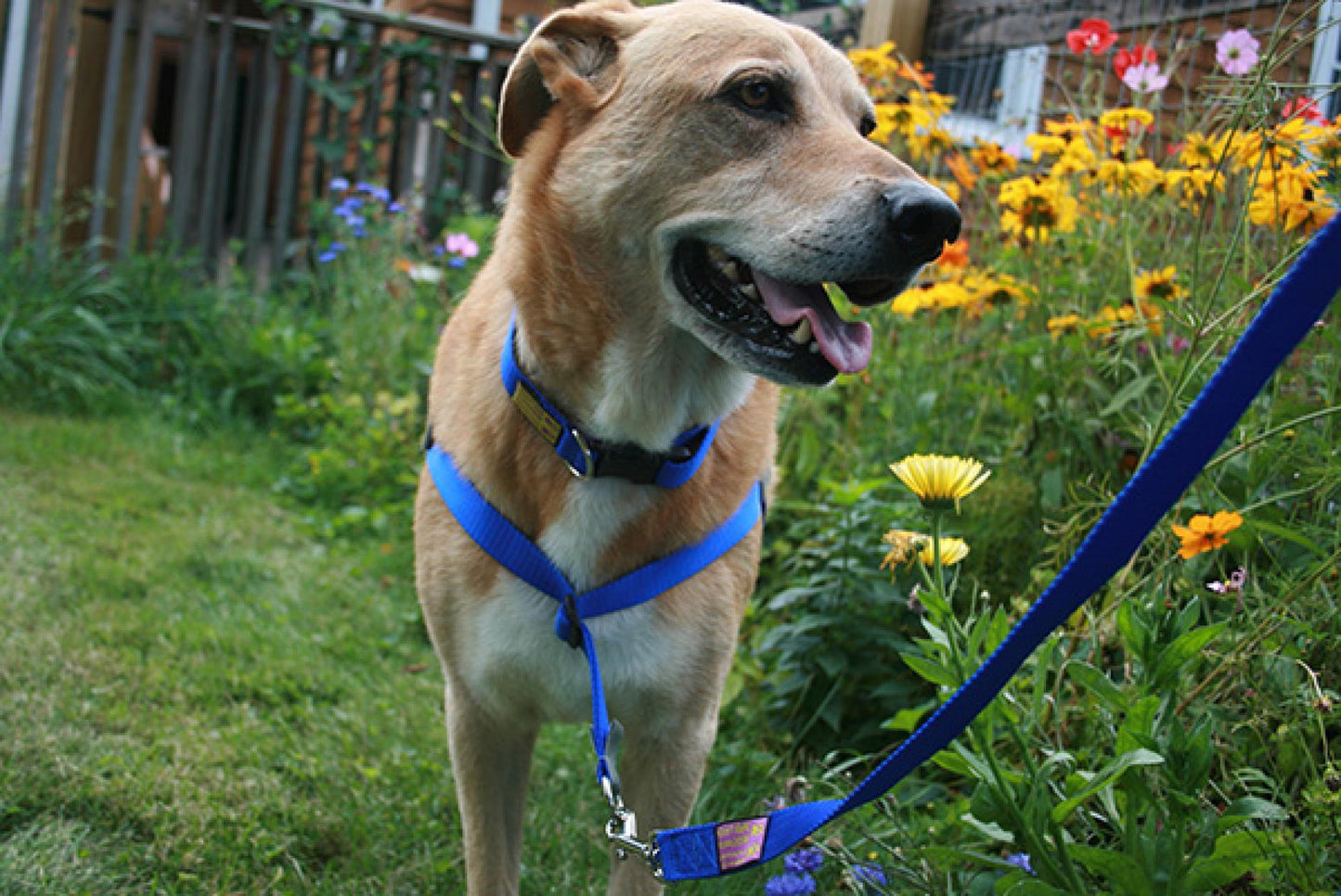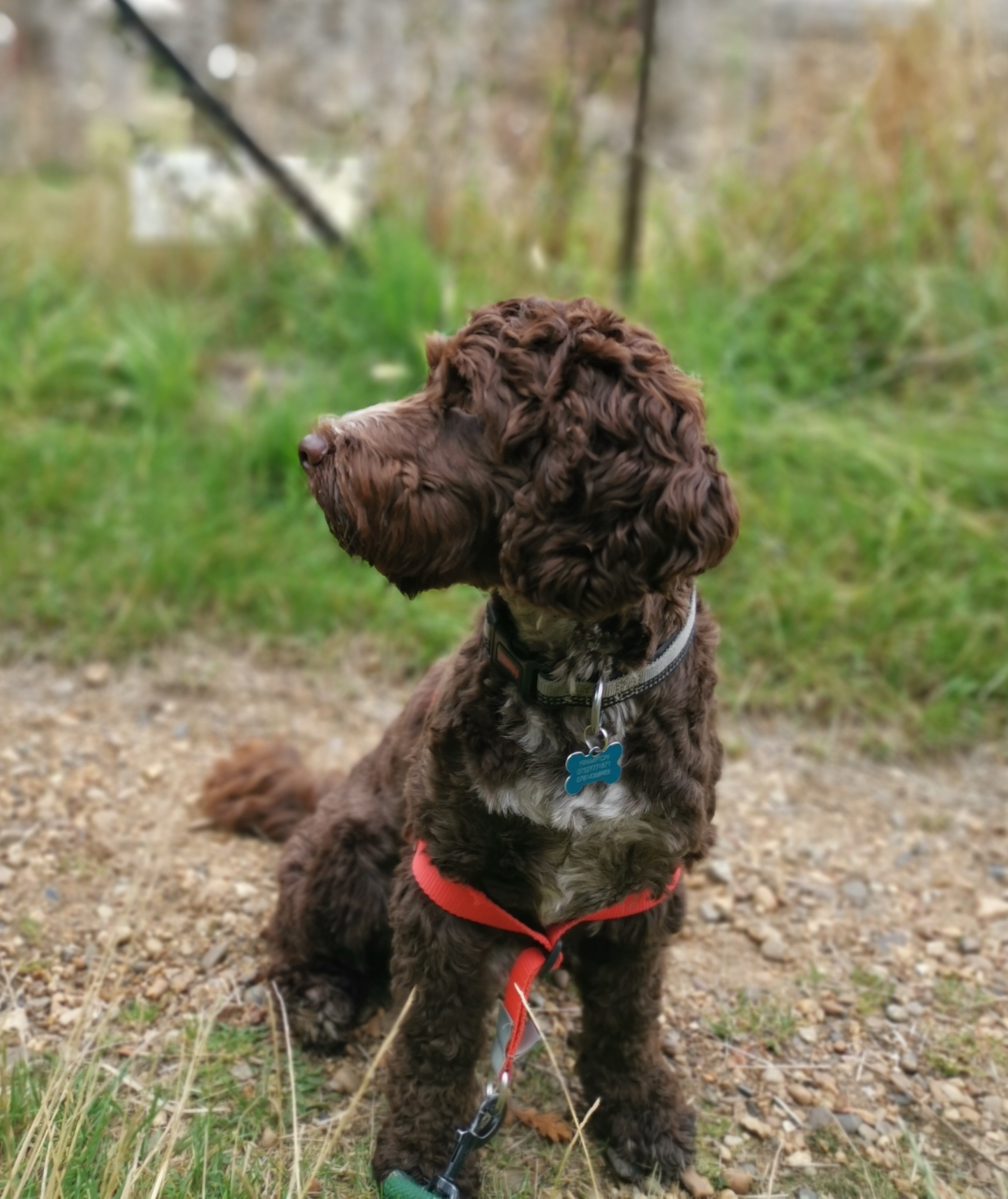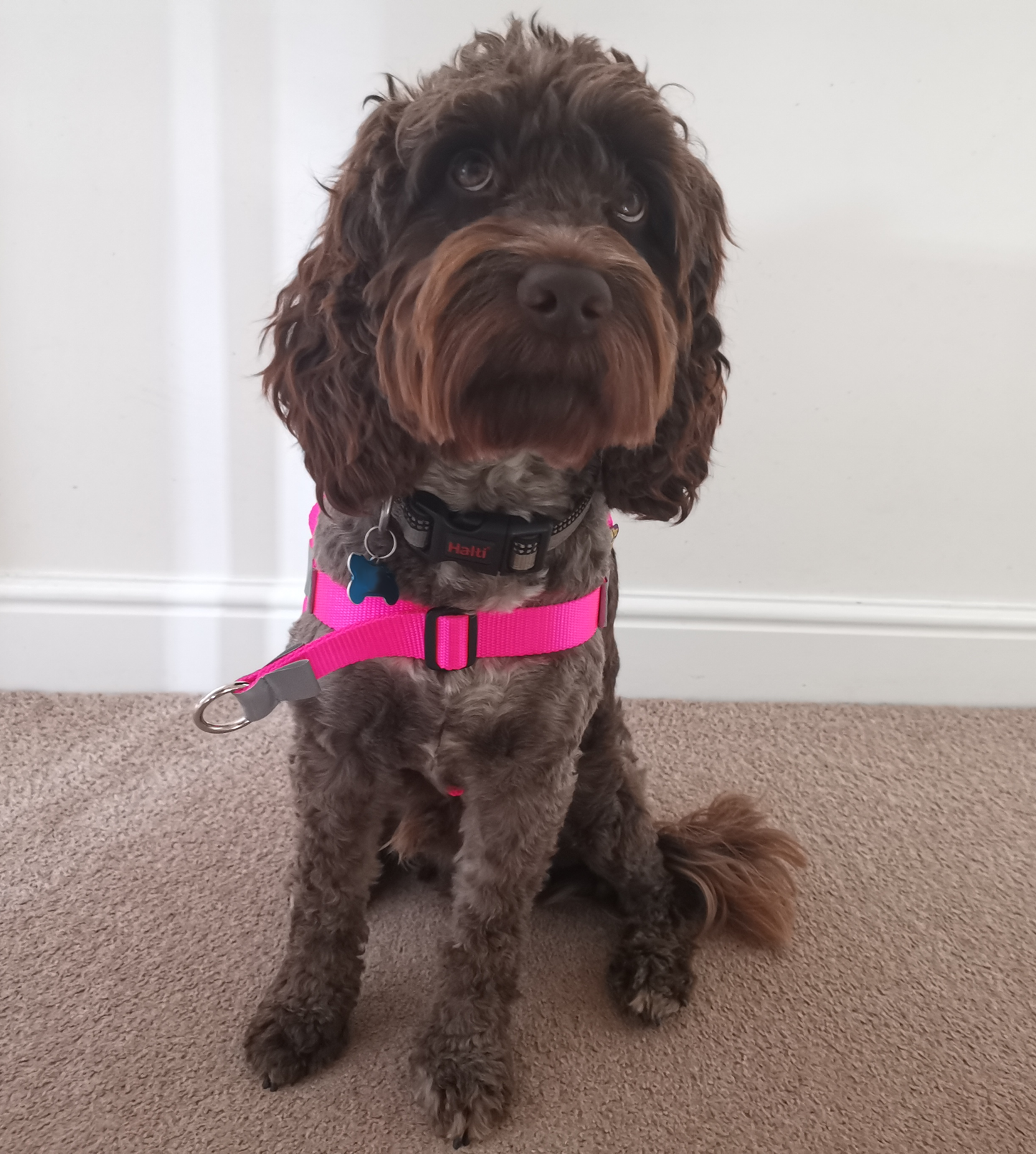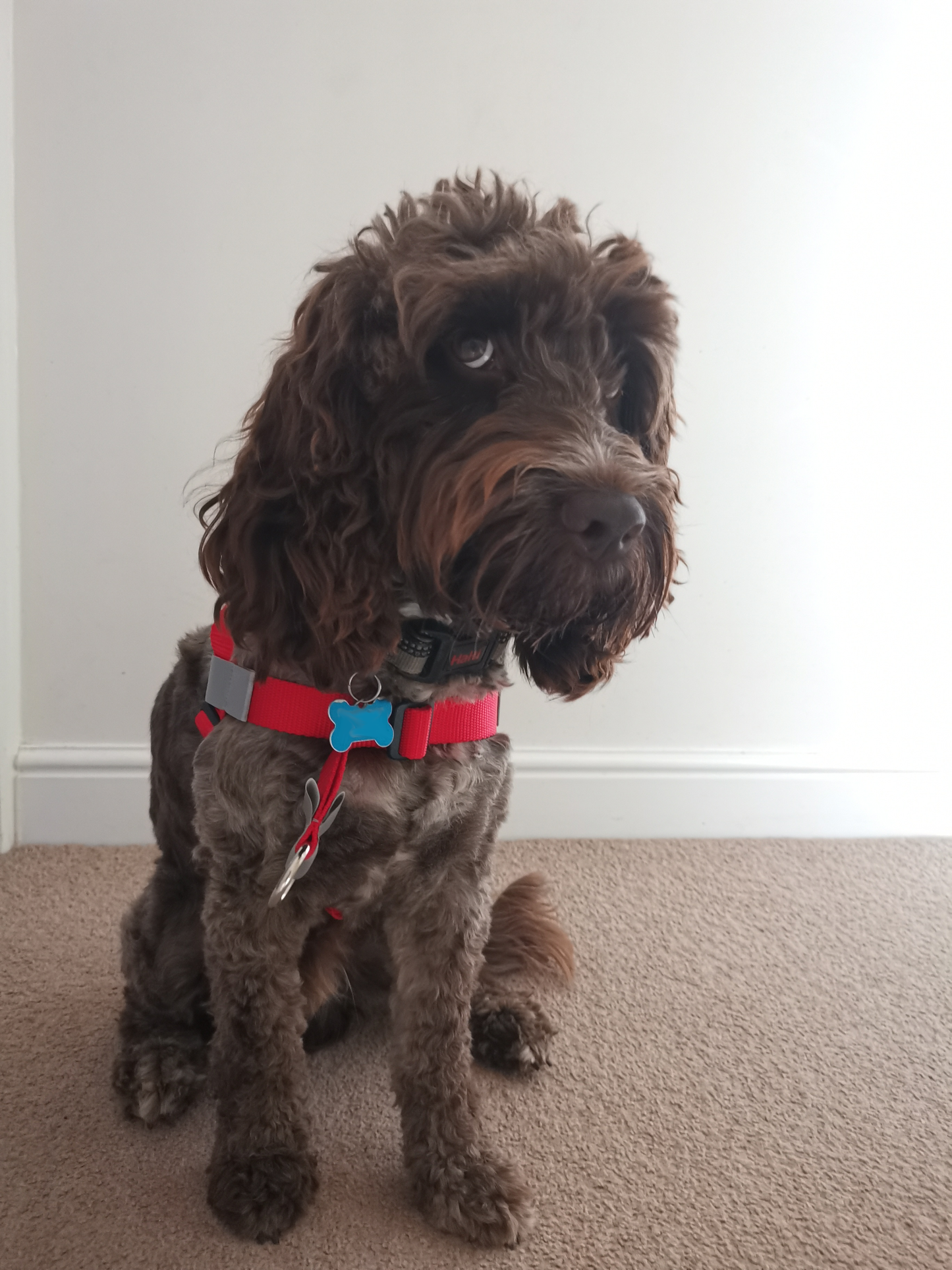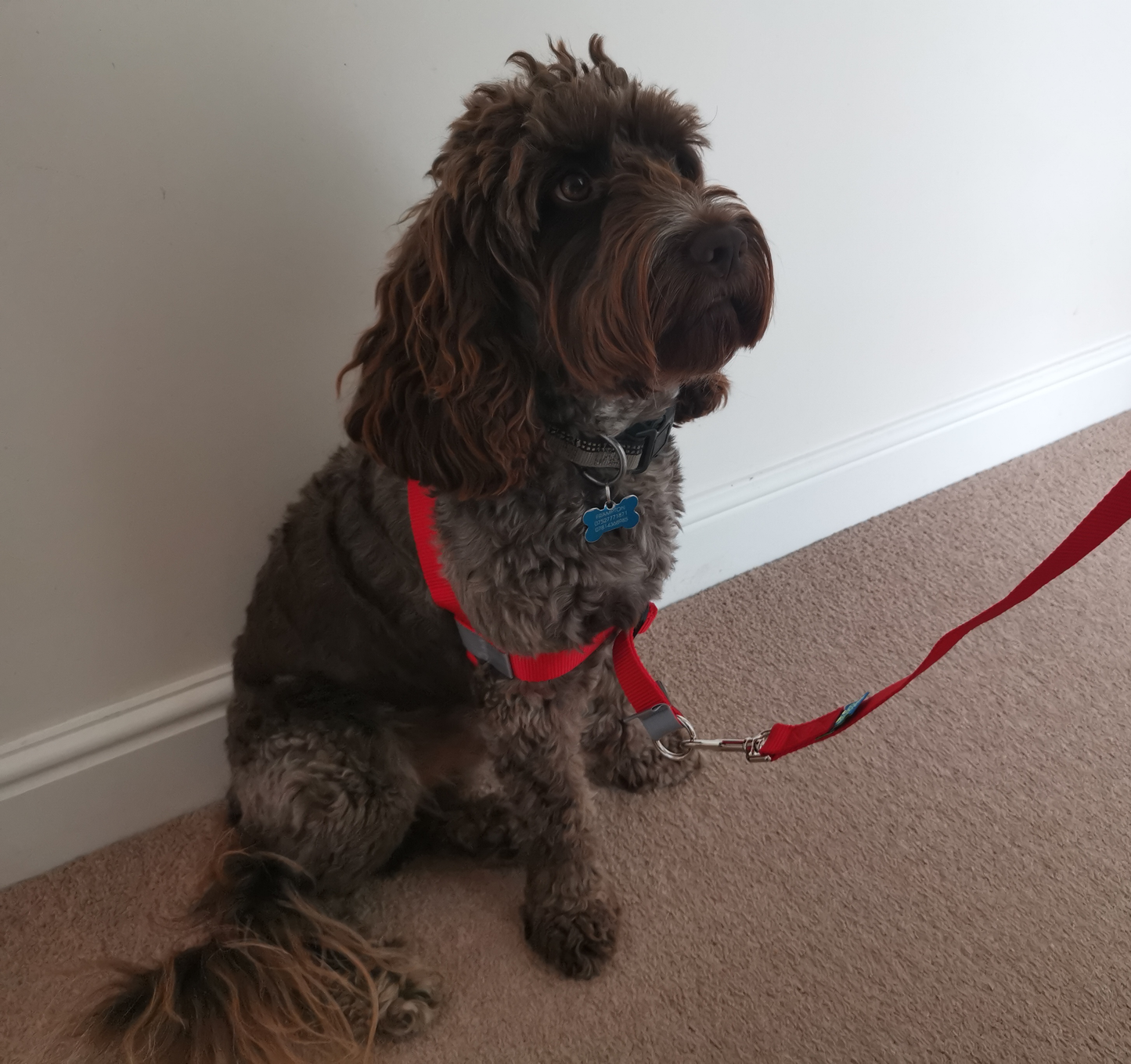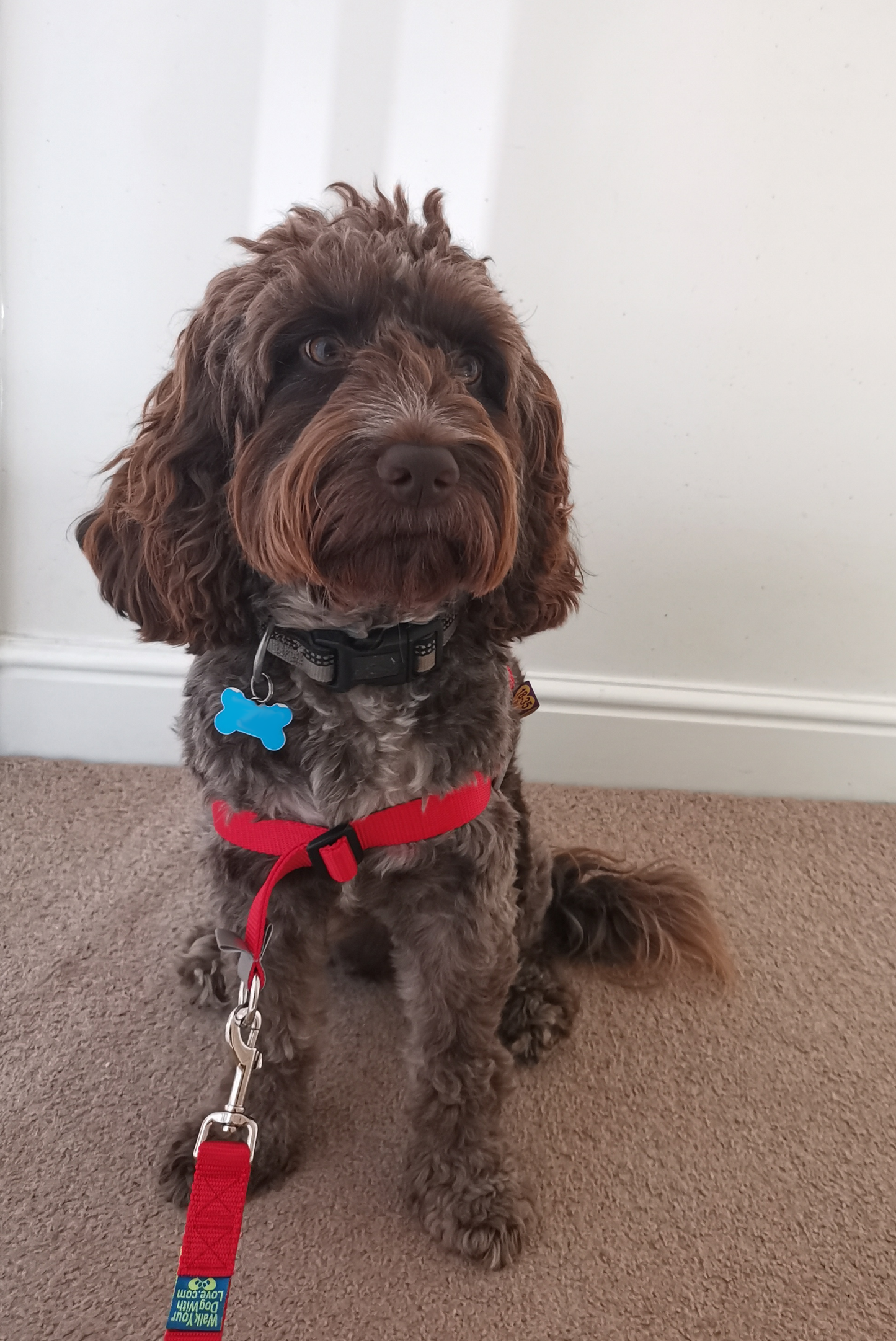Introduction:
Recall, or teaching your dog to come when called, is a fundamental skill that ensures your pup's safety and enhances your bond. Whether you're in a dog park, at the beach, or just playing in your backyard, a reliable recall can make all the difference. In this article, we'll explore essential recall training tips to help you foster a strong and responsive connection with your canine companion.
-
Start Early and Be Consistent: Recall training is most effective when started early in your dog's life. However, it's never too late to reinforce this crucial skill. Consistency is key; use the same command and tone each time you call your dog. Make sure that everyone in your household is on board with the same recall cues to avoid confusion.
-
Positive Reinforcement: Use positive reinforcement techniques to encourage your dog to respond to the recall command willingly. Reward them with treats, praise, or play whenever they come to you promptly. Make the experience positive and rewarding to reinforce the behavior. Avoid scolding if your dog takes longer to respond, as this may create a negative association with the recall command.
-
Find the Right Motivation: Every dog has unique preferences when it comes to rewards. Experiment with different treats, toys, or even a game of fetch to discover what motivates your pup the most. Tailoring the reward to your dog's preferences increases the likelihood that they will respond eagerly to your recall command.
-
Gradual Distractions: Begin recall training in a controlled and low-distraction environment. As your dog becomes more reliable, gradually introduce distractions such as other dogs, people, or enticing scents. This helps your dog learn to respond to your command even in more challenging situations.
-
Use a Long Leash for Training: In the early stages of recall training, consider using a long training leash. This allows you to maintain control while still giving your dog the freedom to explore. Practice recall commands with the leash on, gradually increasing the distance between you and your dog as their responsiveness improves.
-
Consistent Verbal Cues: Choose a consistent verbal cue for recall, such as "come" or "here." Use this cue consistently, and avoid using it for any other commands or in casual conversation. Dogs respond well to consistency and clarity in commands.
-
Play Recall Games: Turn recall training into a fun game for your dog. Call your dog to you and reward them with playtime or a favorite toy. This not only reinforces the recall command but also makes the training sessions enjoyable for your pup.
-
Avoid Punishment After Coming: It's crucial to avoid any negative consequences after your dog responds to the recall command. If you scold your dog or punish them upon returning, they may associate coming to you with a negative experience, making them less likely to respond in the future.
-
Practice Regularly: Consistent practice is vital for reinforcing recall. Incorporate short training sessions into your daily routine and use recall commands during regular activities like walks and playtime. The more your dog practices, the more reliable their response will become.
-
Seek Professional Training if Needed: If you encounter challenges in recall training, consider seeking professional assistance from a dog trainer. Professional trainers can provide personalized guidance and address specific issues, ensuring that you and your dog develop a strong recall bond.
Conclusion:
Recall training is an investment in your dog's safety and the quality of your relationship. By employing positive reinforcement, consistency, and patience, you can teach your dog to come when called reliably. With regular practice and a focus on positive experiences, you'll soon find that your pup eagerly responds to your recall command, allowing for safer and more enjoyable adventures together.


